What Makes a Great Facilitator for Strategic Planning
Reflecting on my early career, I can still recall a time when my employer brought in a facilitator to lead a strategic planning session. What should have been a productive, forward-looking conversation quickly turned into hours of unfocused discussion with no clear direction or outcome. The consultant struggled to connect with the group, relied too heavily on a rigid process, and seemed uncertain about how to bring the team toward a shared sense of purpose.
I often reflect on personal experiences to help ground me now as I facilitate sessions with nonprofit boards and executive teams.
The success of a strategic planning session often depends less on the agenda itself and more on who leads it. An effective facilitator will set the tone, manage the process, and ensure everyone’s voice is heard. For nonprofits, where decisions carry both mission and moral weight, facilitation requires active listening skills, judgment, empathy, and clarity.
Core Skills of a Great Facilitator
Active Listening
A skilled facilitator listens to understand, not to respond. They capture what’s said and what’s not said, and reflects it back in ways that make people feel heard. Active listening uncovers underlying issues, builds trust, and ensures discussions move forward with shared understanding.
Reframing Complex or Imperfect Ideas
Group discussions often surface incomplete or conflicting ideas. Skilled facilitators take those raw thoughts and reframe them into clear, actionable statements. They don’t rewrite participants’ ideas, rather they distill and synthesize them, helping leaders see the patterns and priorities emerging from the group. Using past organization data and fresh research helps to reframe or dispel perceptions connected to conflicts.
Guiding the Group
Facilitation is not about control - it’s about direction. Great facilitators design and manage a process that keeps the conversation productive. They manage time, maintain focus, and redirect when discussions stall or drift. They balance inclusion with efficiency, ensuring that every session ends with tangible next steps.
Drawing Out Insights
Senior leaders often know more collectively than any one person realizes. The facilitator’s role is to pull that wisdom out through probing questions, reflective summaries, and well-timed pauses. Effective facilitators challenge assumptions and invite quieter participants to contribute, creating inclusive and more balanced results.
Building Rapport and Trust
Trust is the foundation for honest dialogue. A facilitator must be seen as impartial, respectful, and reliable by showing genuine curiosity and neutrality. That objective credibility allows participants to engage fully, even when discussions get difficult.
Great Facilitators Have The Right Attitude
Objectivity Over Opinion
A facilitator’s power lies in their ability to be neutral, while possessing the skills for creating space helping the group find consensus grounded in evidence and shared values.
Confidence Without Ego
Strong facilitators are steady under pressure, and project confidence in the process. Their calm presence keeps groups grounded when conversations become tense or uncertain.
Curiosity and Empathy
Curiosity helps facilitators ask the right questions. Empathy helps them hear the answers. Both are essential to understanding the context behind the words and navigating the human dynamics that drive nonprofit decision-making.
Knowledge and Live-Experience
Understanding Governance and Nonprofit Operations
Facilitators working with boards and executives must understand nonprofit structures, governance roles, and sector language. Facilitators having lived-experience both as professional leaders allows them to connect strategy discussions to mission, accountability, and impact.
Change Management Principles
Strategic planning is change management in action. A skilled facilitator anticipates resistance, can pace the discussion, and prepare participants to own the resulting plan. This understanding of change management is underscored as nonprofits now look to integrate AI in operations.
Data Interpretation and Synthesis
Pre-meeting research and evidence anchors credibility. Prepared facilitators use data to inform discussions. They help boards and staff interpret findings and translate them into meaningful goals.
The best facilitators don’t impose solutions - they create the conditions where insights emerge, trust grows, and the leadership team owns its strategic decisions. A skilled facilitator can turn a good planning session into a transformative one.
